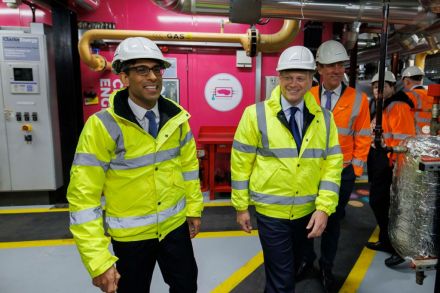Net Zero is condemning more Brits to energy poverty
Here’s another great idea from the net zero establishment: only heat your home when it is warm and sunny outdoors. In its Sixth Carbon Budget paper, the government’s Climate Change Committee advises homeowners to turn their heating on in the afternoon, so that they can turn it off again during the evening when demand for electricity is higher. ‘Where homes are sufficiently well-insulated,’ it says, ‘it is possible to pre-heat ahead of peak times, enabling access to cheaper tariffs which reflect the reduced costs associated with running networks and producing power during off-peak times.’ In other words, boil yourself when the outdoor temperature is relatively warm, and with any luck


















